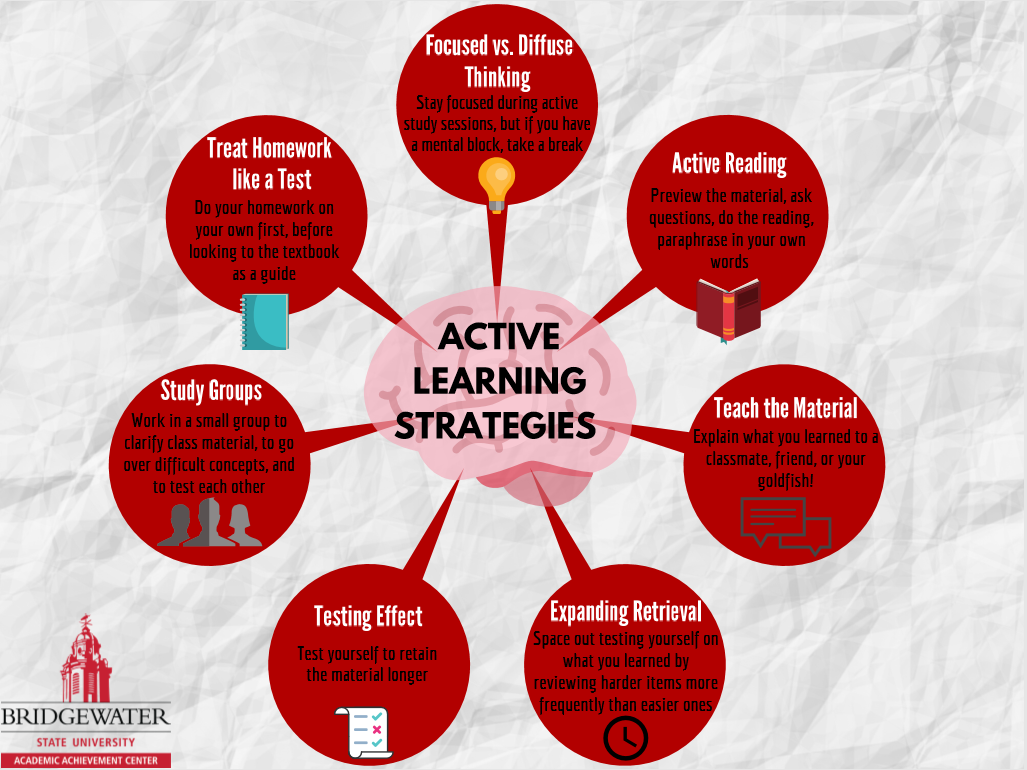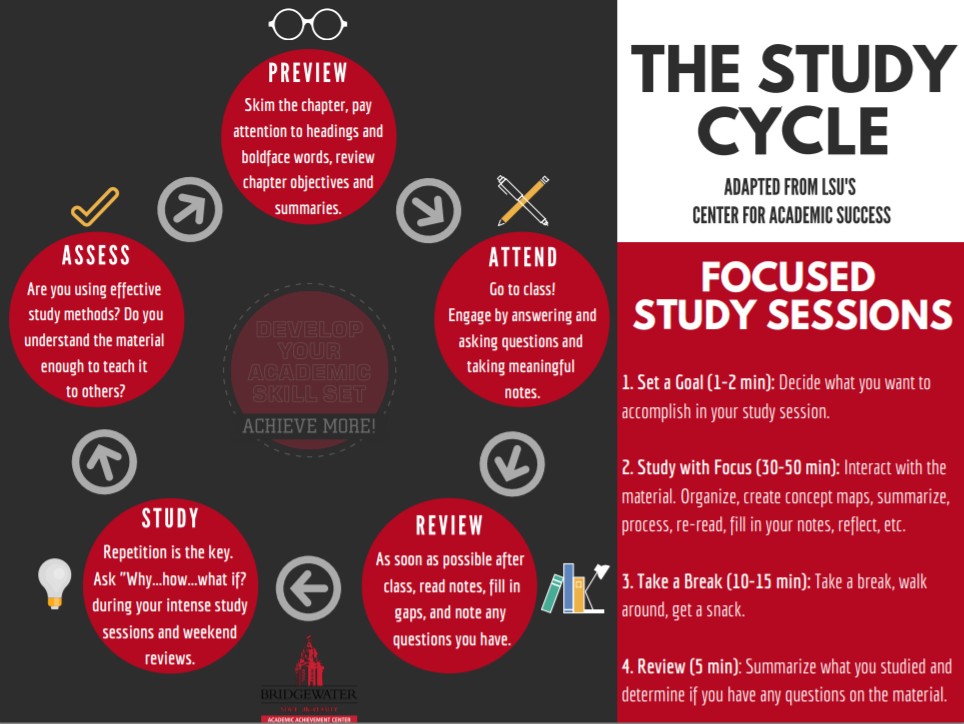English 101/101E Resources
"Advice for Students so they don't sounds silly in emails" from Inside Higher Ed
Check out this essay from Professors Corrigan and McNabb on email etiquette.
Working with your Writing Fellow- Things you can do in your meetings
1) Talk about the next formal writing assignment that is going to be due. Go over the actual written assignment. Really interrogate what the assignment description is asking a writer to do.
2) Once you really understand the assignment, you can brainstorm about ideas for writing the paper. You can talk about how well each topic idea might hold up, what might work better, etc.
3) You can look at your in-class writings. Your writing fellow might be better at reading my handwriting. You can talk about whether some or all of those writings might make for a good essay, based on the assignment that is next due, and what that essay might look like.
4) You can read a draft out loud. That’s what I do in my conferences with you. Than I talk with you holistically about the essay—what I like about the essay, what is not working so well for me. What I think the point is. Where I think you are proving it. Where I think you need better information and language.
5) Once you get the paper back, read the comments that I’ve given you with your writing fellow. Read the comments I hand-write in the margins. Make sure you are clear about what I’m asking you to do to make the paper better.
6) Once you’ve talked about the comments, you can talk about what you should try to do for next time on a new assignment or in a revision of the paper in front of you.
7) You can go over reading journals/comments on reading journals. I really value reading, and I take those journals seriously.
8) You can ask for help with writing assignments for other classes if you want to talk about those. That can be very helpful.
2) Once you really understand the assignment, you can brainstorm about ideas for writing the paper. You can talk about how well each topic idea might hold up, what might work better, etc.
3) You can look at your in-class writings. Your writing fellow might be better at reading my handwriting. You can talk about whether some or all of those writings might make for a good essay, based on the assignment that is next due, and what that essay might look like.
4) You can read a draft out loud. That’s what I do in my conferences with you. Than I talk with you holistically about the essay—what I like about the essay, what is not working so well for me. What I think the point is. Where I think you are proving it. Where I think you need better information and language.
5) Once you get the paper back, read the comments that I’ve given you with your writing fellow. Read the comments I hand-write in the margins. Make sure you are clear about what I’m asking you to do to make the paper better.
6) Once you’ve talked about the comments, you can talk about what you should try to do for next time on a new assignment or in a revision of the paper in front of you.
7) You can go over reading journals/comments on reading journals. I really value reading, and I take those journals seriously.
8) You can ask for help with writing assignments for other classes if you want to talk about those. That can be very helpful.
Thesis Statement Handout
| thesis_statements.docx | |
| File Size: | 12 kb |
| File Type: | docx |
Major and Career Research Sources
Using Quotations in Your Essays from Sources
| using_quotations.docx | |
| File Size: | 11 kb |
| File Type: | docx |
Design Principles and Flyer Tools
This link offers an example and information on using the 4 Design Principles to create useful documents.
Canva can help you design flyers.
Canva can help you design flyers.
Thank You Letter
Click here for a thank you letter format information for Essay 2 interview.
Methods for Organizing Compare and Contrast- Block Method and Point by Point
| comparisonandcontrast.pdf | |
| File Size: | 19 kb |
| File Type: | |
Crafting an Outline Handout
| crafting_an_outline.pdf | |
| File Size: | 73 kb |
| File Type: | |


